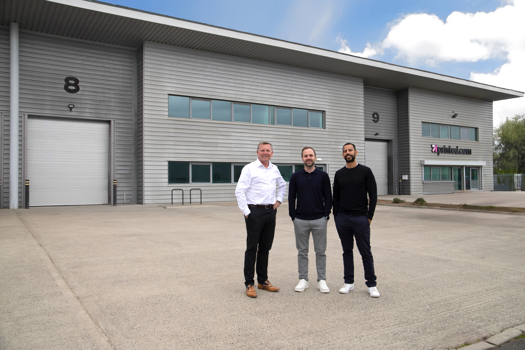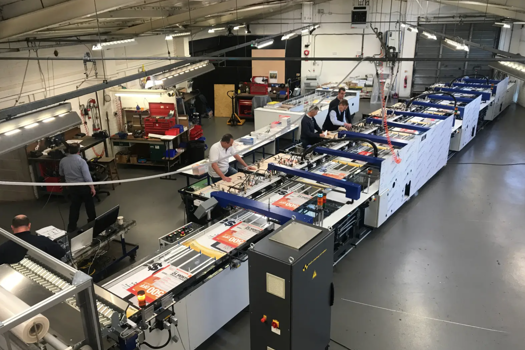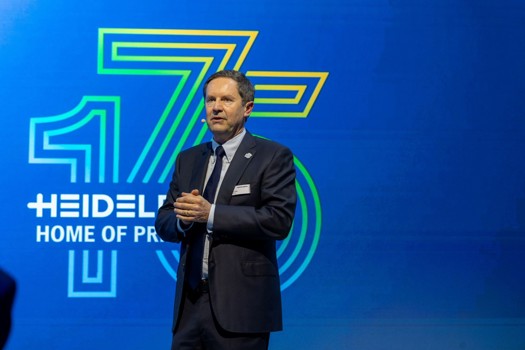And their case seems to have been strengthened by Ofcom's announcement that it is to investigate the plans.
Steve Sibbald, national officer for print union Unite, said that "it's almost certainly going to affect local papers" and that, as a knock on effect, it could also have an impact on print jobs.
"With the overcapacity in contract printing at the moment it's something that's certainly not going to help. There really is massive overcapacity at present," he said.
David Newell, director of the Newspaper Society, was also scathing: "The BBC should not spend public money duplicating local news services already provided by existing local media companies," he said.
"The local market is well-served and there is simply no gap which the BBC needs to fill."
The reactions follow Trinity Mirror chief executive Sly Bailey's attack on the plans while addressing the House of Lords communications committee in May. She said she was worried by the BBC's ultra-local content.
"Our concern is that if the BBC moves online evermore locally, without the same commercial constraints as us, it will disrupt these markets making it much more difficult to enter into them," she said.
The row has now escalated further with the decision by Ofcom, the media regulator, to look in to whether the service is likely to stifle competition.
In a statement, Ofcom said that its investigation would be "examining in particular, the extent to which the service might affect innovation and investment in the commercial sector", and that this would focus on a number of local services including local newspapers.
The BBC's new video offering would expand upon the organisation's existing local websites and is planned to cover 60 locations, typically counties or conurbations, across the UK.
It is expected to pump £68m into the service over five years and claims it will create up to 300 new jobs.
To calm the fears of local media, the corporation is planning to give free use of its video and free links to content to local papers. It will also limit each service to 10 video stories a day with a maximum of 20 minutes of material, except in London where the limit will be doubled.
The BBC Trust has announced it will carry out a public value test on the local video proposal. However, commercial rivals are already reeling from the BBC Trust announcement in May that no evidence was found that the corporation's sprawling web presence, which costs up to £150m a year to run, was stifling competition.
A furious reaction from regional newspapers in 2005 caused the BBC to back away from plans to launch ultra local TV, but the Newspapers Society's Newell described the latest plans as "simply ultra local TV in a different guise".
Concern at the BBC's plans has been heightened by a slump in advertising revenues at regional newspapers.
For example, in its recent financial statement the Trinity Mirror group reported that property advertising for May and June in its regional titles was down by 27%.
Regional papers' job fears over BBC plans for local video service
Traditional regional newspaper publishers and print unions have reacted angrily to the BBC's decision to launch a local video news service, arguing that it falls outside the BBC's remit and threatens jobs in the local print media industry.








